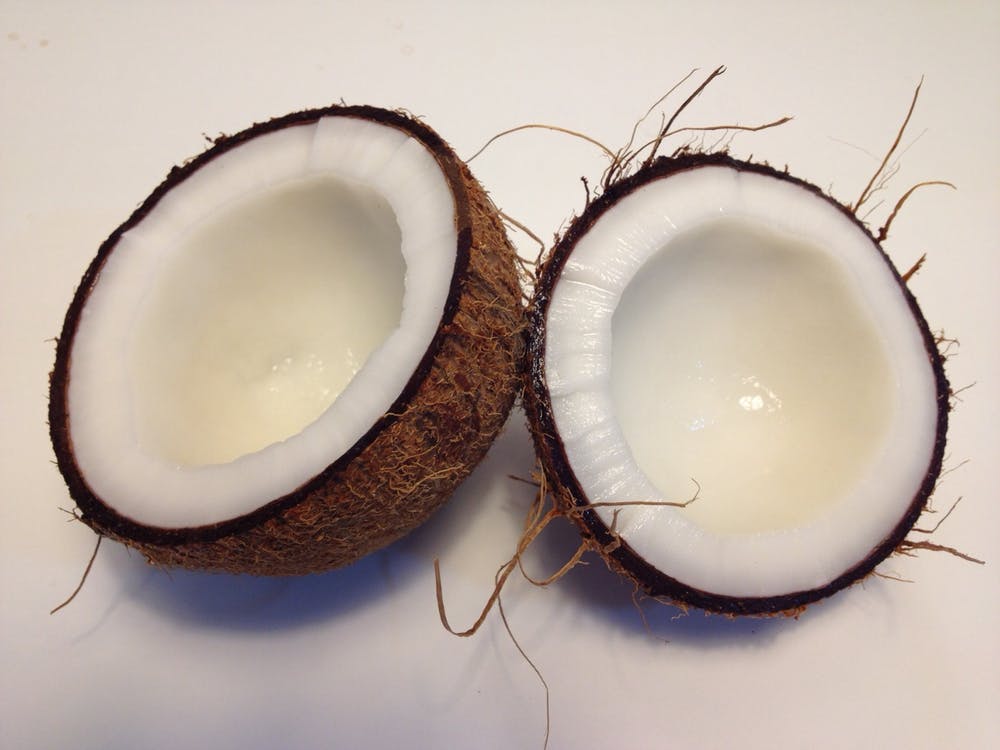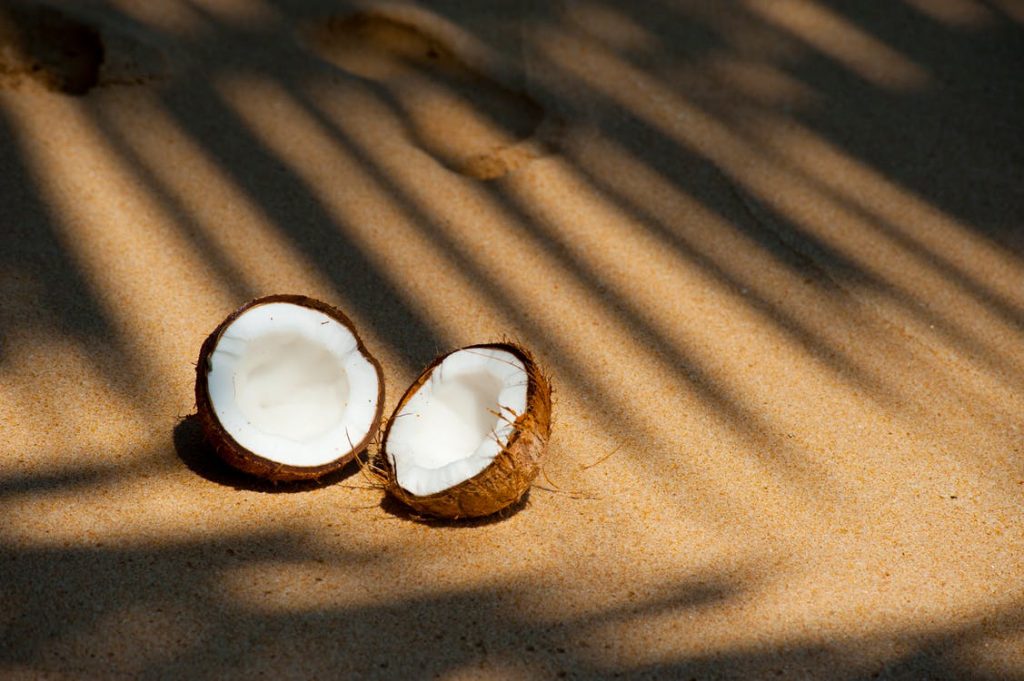
fciwomenswrestling.com article, freestockpro.com pexels.com photo credit
Love, friendships, a sense of community and a long-term purpose in life are many of the components that we need to live a satisfying life.
Given the power of our sweet tooth desires, sugar is what we crave to live a fun and memorable life.

The problem is, as we’ve been told by our mommies, daddies and doctors is that consuming too much sugar, no matter how much fun, can make us very ill.
Now those are three groups of people who almost never lie to us.
Almost.
So whenever someone can build a better sugar mousetrap, where we can still have fun and eat our beloved sweets yet maintain good health, boy that is one honey trap we are ready to stick our tongues in.
Snap!
So now being touted as the latest and greatest natural sugar to replace granulated sugar is the wonderful natural coconut sugar.

Before you get too excited, later there is going to be a but.
You knew that right?
First let’s sharpen our sweet tooth with some facts.
Coconut sugar is a sugar produced from the sap of cut flower buds of the coconut palm.
Coconut sugar has been used as a traditional sweetener for thousands of years in the South and South-East Asian regions where the coconut palm is in abundant supply. The world’s largest producers of coconuts are the Philippines and Indonesia.
Coconut sugar is subtly sweet almost like brown sugar but with a slight hint of caramel. However, since coconut sugar is not highly processed, the color, sweetness and flavor can vary depending on the coconut species used, season when it was harvested, where it was harvested and/or the way the “sap” or “toddy” was reduced.
The healthy site livestrong.com shares, “The benefits of coconut sugar are making it a hot commodity in the health food world — this form of sugar does offer some trace nutrients and may have less of a dramatic impact on your blood sugar than other types of sweeteners.
Coconut sugar isn’t a nutritional superfood, but it does offer more vitamins and minerals than white table sugar. It contains trace amounts of vitamin C, potassium, phosphorous, magnesium, calcium, zinc, iron and copper. Coconut sugar also provides small amounts of phytonutrients, such as polyphenols, flavonoids and anthocyanidin, and antioxidants. You’ll also find the B vitamin inositol, often used as a mood booster, in coconut sugar.”
So far, so good right?
Please remember, the major component of coconut sugar is sucrose (70–79%) followed by glucose and fructose (3–9%) each.
Minor variations will occur due to differences in primary processing, raw material source, tree age and variety of coconut.
Let’s speak to the significance of coconut sugar’s contents.
The main reason granular white sugar is so unhealthy, is because it is loaded with Fructose.
Some researchers say coconut sugar is effectively fructose free but it is made of 70%-80% sucrose.
What are the components of sucrose? Fifty percent fructose.
Hmm, can’t win for losing.
So while it may add more benefits than regular table sugar, all said and done, consuming high amounts of coconut sugar is still consuming a high amount of fructose.
Make sense?
The informative group blog.bulletproof.com places things in perspective. “Companies have made coconut sugar popular in a short time by advertising it as a lower-glycemic alternative to table sugar. This marketing approach is the exact same trick that fructose marketers use to promote damaging high-fructose foods. It’s true that fructose doesn’t raise insulin as quickly as regular sugar does, but that certainly doesn’t make it healthy. It’s toxic to your liver and it messes with your hormones. The same is true of coconut sugar.”
So with that as a back drop, why don’t we sit under a coconut tree, get some shade and listen to a visiting writer who loves this upgrade of a sugar product.
Coconut Sugar Health Benefits You Should Know

You will hardly find a person who has not heard about the negative consequences of excessive sugar consumption. Some categories of people like overweight people and those suffering from diabetes are not allowed to eat sugar at all. However, resisting a temptation to eat something sweet or sugary is usually extremely difficult. Thus, many healthy-eating enthusiasts are looking for the sweetener that is free of sugarcane and therefore does not threaten their health. If you belong to this category of people, you should try coconut sugar.
Coconut sugar is a natural sweetener derived from the flowers of a coconut tree. Raw coconut sugar has a dark brown color and does not taste like regular sugar. It is less sweet and diabetes friendly. It is proven to be the healthiest sweetener substitute and has numerous health benefits some of which are revealed in this article.
Low Glycemic Index
Glycemic index is the numeric value that shows how quickly different foods turn to sugar. The higher the index is – the faster food turns into sugar. Excessive consumption of foods with high index of glutamine can lead to obesity and therefore obesity-related diseases like high cholesterol, diabetes, high blood pressure and heart diseases. Thus, health care specialist recommend minimizing the consumption of high glycemic foods. Glycemic index of cane sugar is 50 which makes it one of the biggest enemies of your health. Thus, if you want to improve your health it is recommended substituting it with coconut sugar, glycemic index of which is 35.
Rich in Amino Acids
Proper functioning of human body is impossible without the adequate intake of amino acids. They are essential for proper metabolism and other processes. While some amino acids are produced by the body itself, others should be obtained from food. Coconut sugar contains sixteen out of twenty essential amino acids.
Loaded with Minerals and Vitamins
Another benefit of consuming coconut sugar is its high content of vitamins and minerals. Minerals like potassium, copper, calcium, iron, magnesium, zinc and many others are essential for the proper functioning of all organs and therefore for the overall well-being. At the same time, coco sugar contains all 12 group B vitamins, which boost immune system and help keep muscles toned.
Weight Loss Properties
Coco sugar is an ideal sweetener for healthy-eating enthusiasts and weight watchers. A tablespoon of coconut sugar contains only ten calories. Thus, you can add it to food and drinks without remorse, even if you are on a weight loss program.
In conclusion it is necessary mentioning that coconut sugar is a 100% organic product. It is derived from the coconut sap without adding preservatives and additives. Coco sap is boiled in an open container in which it is cooled and solidified.
~ ~ ~
This article is for information purposes only. No products are endorsed.
http://ezinearticles.com/?Coconut-Sugar-Health-Benefits-You-Should-Know&id=8057041
Article Source: http://EzineArticles.com/expert/Tim_Blackburn/1391302
Article Source: http://EzineArticles.com/8057041
https://authoritynutrition.com/coconut-sugar/
http://www.livestrong.com/article/367337-what-are-the-benefits-of-coconut-sugar/
https://blog.bulletproof.com/5-not-so-sweet-facts-about-coconut-sugar/
http://www.huffingtonpost.com/jj-virgin/coconut-sugar-healthier-s_b_5669084.html
https://www.drweil.com/diet-nutrition/nutrition/is-coconut-sugar-a-healthier-sweetener/



